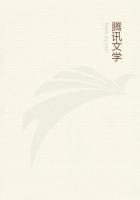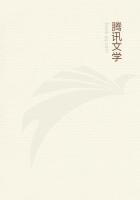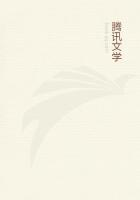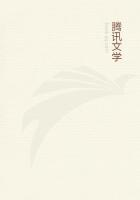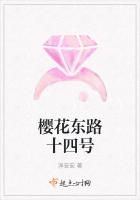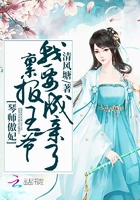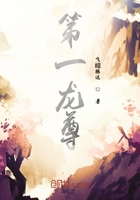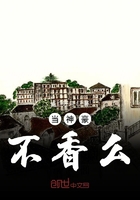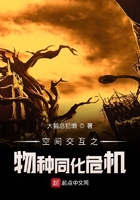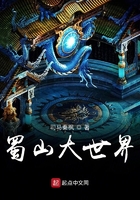The Phoenicians, the Carthagenians, the English, Moors, Romans, all have battled for Tangier--all have won it and lost it. Here is a ragged, oriental-looking Negro from some desert place in interior Africa, filling his goatskin with water from a stained and battered fountain built by the Romans twelve hundred years ago. Yonder is a ruined arch of a bridge built by Julius Caesar nineteen hundred years ago. Men who had seen the infant Saviour in the Virgin's arms have stood upon it, maybe.
Near it are the ruins of a dockyard where Caesar repaired his ships and loaded them with grain when he invaded Britain, fifty years before the Christian era.
Here, under the quiet stars, these old streets seem thronged with the phantoms of forgotten ages. My eyes are resting upon a spot where stood a monument which was seen and described by Roman historians less than two thousand years ago, whereon was inscribed: WE ARE THE CANAANITES. WE ARE THEY THAT HAVE BEEN DRIVEN OUTOF THE LAND OF CANAAN BY THE JEWISH ROBBER, JOSHUA. Joshua drove them out, and they came here. Not many leagues from here is a tribe of Jews whose ancestors fled thither after an unsuccessful revolt against King David, and these their descendants are still under a ban and keep to themselves.
Tangier has been mentioned in history for three thousand years. And it was a town, though a queer one, when Hercules, clad in his lion skin, landed here, four thousand years ago. In these streets he met Anitus, the king of the country, and brained him with his club, which was the fashion among gentlemen in those days. The people of Tangier (called Tingis then)lived in the rudest possible huts and dressed in skins and carried clubs, and were as savage as the wild beasts they were constantly obliged to war with. But they were a gentlemanly race and did no work. They lived on the natural products of the land. Their king's country residence was at the famous Garden of Hesperides, seventy miles down ' the coast from here.
The garden, with its golden apples (oranges), is gone now--no vestige of it remains. Antiquarians concede that such a personage as Hercules did exist in ancient times and agree that he was an enterprising and energetic man, but decline to believe him a good, bona-fide god, because that would be unconstitutional.
Down here at Cape Spartel is the celebrated cave of Hercules, where that hero took refuge when he was vanquished and driven out of the Tangier country. It is full of inscriptions in the dead languages, which fact makes me think Hercules could not have traveled much, else he would not have kept a journal.
Five days' journey from here--say two hundred miles--are the ruins of an ancient city, of whose history there is neither record nor tradition.
And yet its arches, its columns, and its statues proclaim it to have been built by an enlightened race.
The general size of a store in Tangier is about that of an ordinary shower bath in a civilized land. The Muhammadan merchant, tinman, shoemaker, or vendor of trifles sits cross-legged on the floor and reaches after any article you may want to buy. You can rent a whole block of these pigeonholes for fifty dollars a month. The market people crowd the marketplace with their baskets of figs, dates, melons, apricots, etc., and among them file trains of laden asses, not much larger, if any, than a Newfoundland dog.
The scene is lively, is picturesque, and smells like a police court. The Jewish money-changers have their dens close at hand, and all day long are counting bronze coins and transferring them from one bushel basket to another.
They don't coin much money nowadays, I think. I saw none but what was dated four or five hundred years back, and was badly worn and battered. These coins are not very valuable. Jack went out to get a napoleon changed, so as to have money suited to the general cheapness of things, and came back and said he bad "swamped the bank, had bought eleven quarts of coin, and the head of the firm had gone on the street to negotiate for the balance of the change." I bought nearly half a pint of their money for a shilling myself. I am not proud on account of having so much money, though. I care nothing for wealth.
The Moors have some small silver coins and also some silver slugs worth a dollar each. The latter are exceedingly scarce--so much so that when poor ragged Arabs see one they beg to be allowed to kiss it.
They have also a small gold coin worth two dollars. And that reminds me of something. When Morocco is in a state of war, Arab couriers carry letters through the country and charge a liberal postage. Every now and then they fall into the hands of marauding bands and get robbed. Therefore, warned by experience, as soon as they have collected two dollars' worth of money they exchange it for one of those little gold pieces, and when robbers come upon them, swallow it. The stratagem was good while it was unsuspected, but after that the marauders simply gave the sagacious United States mail an emetic and sat down to wait.
The Emperor of Morocco is a soulless despot, and the great officers under him are despots on a smaller scale. There is no regular system of taxation, but when the Emperor or the Bashaw want money, they levy on some rich man, and he has to furnish the cash or go to prison. Therefore, few men in Morocco dare to be rich. It is too dangerous a luxury. Vanity occasionally leads a man to display wealth, but sooner or later the Emperor trumps up a charge against him--any sort of one will do--and confiscates his property.
Of course, there are many rich men in the empire, but their money is buried, and they dress in rags and counterfeit poverty. Every now and then the Emperor imprisons a man who is suspected of the crime of being rich, and makes things so uncomfortable for him that he is forced to discover where he has hidden his money.
Moors and Jews sometimes place themselves under the protection of the foreign consuls, and then they can flout their riches in the Emperor's face with impunity.

